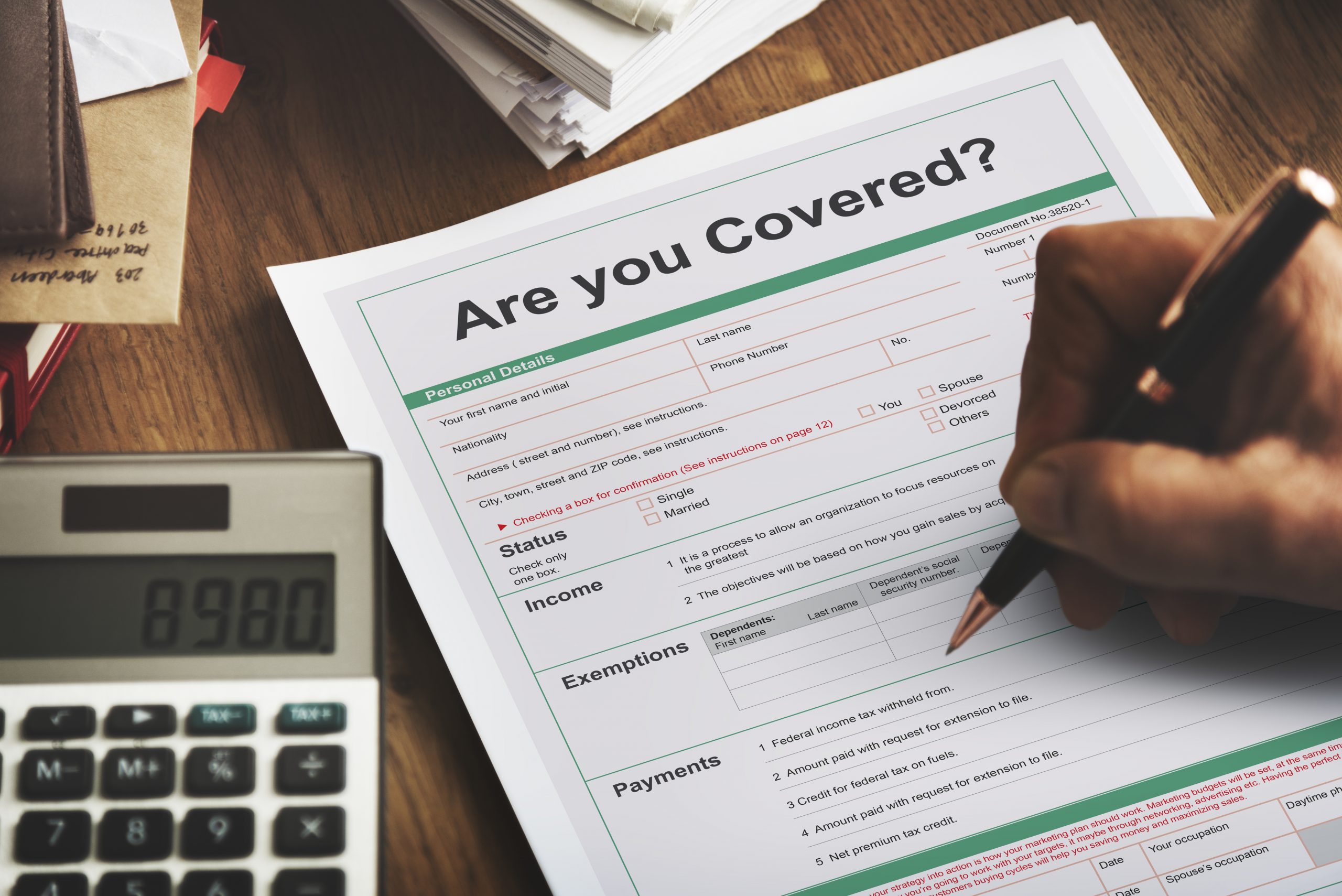
Characteristics of Insurable Risks
Insurable risks must possess the following characteristics:
• Financial value
• Homogenous exposure
• Pure risks
• Particular risks
• Fortuitous nature of the risks
• Public policy
1. Financial value
A specific amount needs to be attached to the subject matter of insurance (that is the item to be insured). What is to be insured must have a value; that is a price
. It is this value that is a function of the premium payable and that claims are hinged upon.
2. Homogenous exposures
There must be a pool; a large number of similar risks must be covered. Remember, it is from the many that the few unfortunate is compensated….you never can predict which category anyone falls into. So if there are very few of each risk to be covered, it translates to a higher premium.
3. Pure risks
Insurance covers pure/ total loss situations. This is to rule out the chances of gambling and as such avoid profit-making
4. Particular risks
Particular risks are just like pure risks that are traceable to a source. Accepting to insure particular risks does not completely rule out the fact that fundamental risks (e.g risks due to flood, earthquakes, etc.) are not insurable, they only depend on the geographical location and the rules obtainable.
5. Fortuitous nature
The fortuitous nature of risk means that the risks in question are not pre-arranged. If it is pre-planned then it is no longer a risk. The situation has to be of a sudden unfortunate occurrence that deprives the insured of enjoying the benefits of such an item.
6. Public policy
Insurance is also a contract that must comply with rules and regulations. Risks that are against the public policy are totally uninsurable. Contraband goods are illegal so smugglers simply cannot affect any legal insurance contract on such goods.
A claim-free year usually attracts a discount.
Utmost Good Faith (The Principle of Uberrimae Fidei)
The principle of Uberrimae Fidei applies to all types and classes of insurance contracts. It is the duty to disclose important information (material facts). This means the Insured must provide complete, correct, and clear information about the subject matter.
The duty of disclosure is not one-sided; the Insurer must also provide complete, correct, and clear information regarding the terms and conditions of the Insurance contract.
**The subject matter of insurance is that property or life or anything that is dear to the insured on which the insured takes insurance. It is that mobile phone, car, house, IPad, drone, power bike, etc. which is very valuable (intrinsic) to the insured; when such item is no longer exists, the insured tends to suffer some sort of loss.
Summarily, I will say the duty of utmost Good faith is the disclosure of material facts needed before the insurers can confidently accept to go on the cover. Also, the information is needed throughout when the contract is still running.
The Breach of Utmost Good Faith
When either the insurer or the insured fails to disclose a material fact; there is said to be a breach.
It could be; – a simple non-disclosure or – a misrepresentation, Either way, there are three remedies which are:
1. for the aggrieved party to cancel the insurance contract from the onset 2. for the aggrieved party to sue for damages in addition to 1 above 3. for the other party to waive his right under 1 and 2 above (if the breach does not really affect the contract thereby carrying on with the contract as if nothing happened)
**MATERIAL FACTS
They are those facts that will assist the insurer to decide whether to accept the risk being requested for insurance. If the company is accepting, what the terms of acceptance would be.
They are the compulsorily needed information that will guide the insurer’s decision-making.
Irrespective of the class of insurance, the following are some of the facts usually needed:
– the name of the proposer
– the address/location of the risk
– the occupation of the insured
– sum insured (the value of the risk)
– past claims experiences; insurance history
Typically of each class, the following examples are considered as needed facts; Motor Insurance
– Chassis number of the vehicle
– Value of the vehicle
– Number of seats in the vehicle
– Nature of use (private or commercial)
Fire Insurance
– Condition of tenancy (either as a sole tenant or in a multi-tenanted building)
– Housekeeping measures put in place (that could make it easy for a fire to start and spread)
-Nature of materials used for the building construction (e.g. mud, concrete)
– Existence of gadgets put in place (e.g., fire extinguishers, smoke detectors, fire alarms, fire extinguisher balls, etc) Theft /Burglary Insurance
– Condition of tenancy (either as a sole tenant or in a multi-tenanted building)
– Existence of anti-theft devices put in place
-Durability of doors (to determine how easy/ difficult to gain entry into premises)
-Attractiveness of insurable items
Life assurance
– Age of the proposer
– Health status of the proposer
– Occupation of the proposer
– Family medical history of the proposer
**However, there are some facts that the proposer need not worry about disclosing. Examples;
– Facts of public knowledge (e.g. public holidays)
– Facts that are obviously not known by the proposer
2. The Principle of Insurable Interest
The difference between ‘Insurance’ and ‘gambling’ is that Insurance is supported by insurable interest. A man has an insurable interest when the physical existence of the insured object gives him some gain and its non-existence will give him some kind of loss or discomfort.
*The insured object is the Subject Matter of Insurance.
Insurable interest is the legal right an individual has that enables him or her to insure his or her building, car, house, business, I pad, laptop, aircraft, life, and other risks.
Another example is in the ownership of a house. If the house is gutted by fire, the insured is rendered homeless. The insured thereby has an insurable interest in the ownership, existence of that house. As a landlord, the loss of the house is a complete loss of an asset. To the tenants, it results in a complete loss of their properties and homelessness.
The same goes for business people; any loss in the safety of business items (office equipment) or even wares for sales leads to losses in income, inability to pay salaries, depression, and ultimately death out of lack of hope.
** Insurable interest applies to all contracts of insurance; items insurable are those items we place value on.
When Must Insurable Interest Exist?
# Life Assurance-The subject matter is the life involved, that is, the life assured; it must only exist at the beginning of the contract.
#Other General Insurances-Insurable Interest must exist both at the beginning of the contract and at the time of claim.
The Legal Requirements of Insurable Interest.
The following are the major requirements of insurable interest; they sum up the earlier explanation about insurable interest:
1. There must be a life, I pad, car, house, laptop, or potential liability which is capable of being insured
2. Such life, I pad, car, house, laptop or potential liability must be the subject matter of Insurance
3. The Insured must stand in a relationship with the subject matter of Insurance whereby he stands to benefit from the safety or wellbeing of the subject matter or suffer loss by the damage or loss of the same subject matter
4. Such a relationship, as in the 3 above, must be recognized in law.




